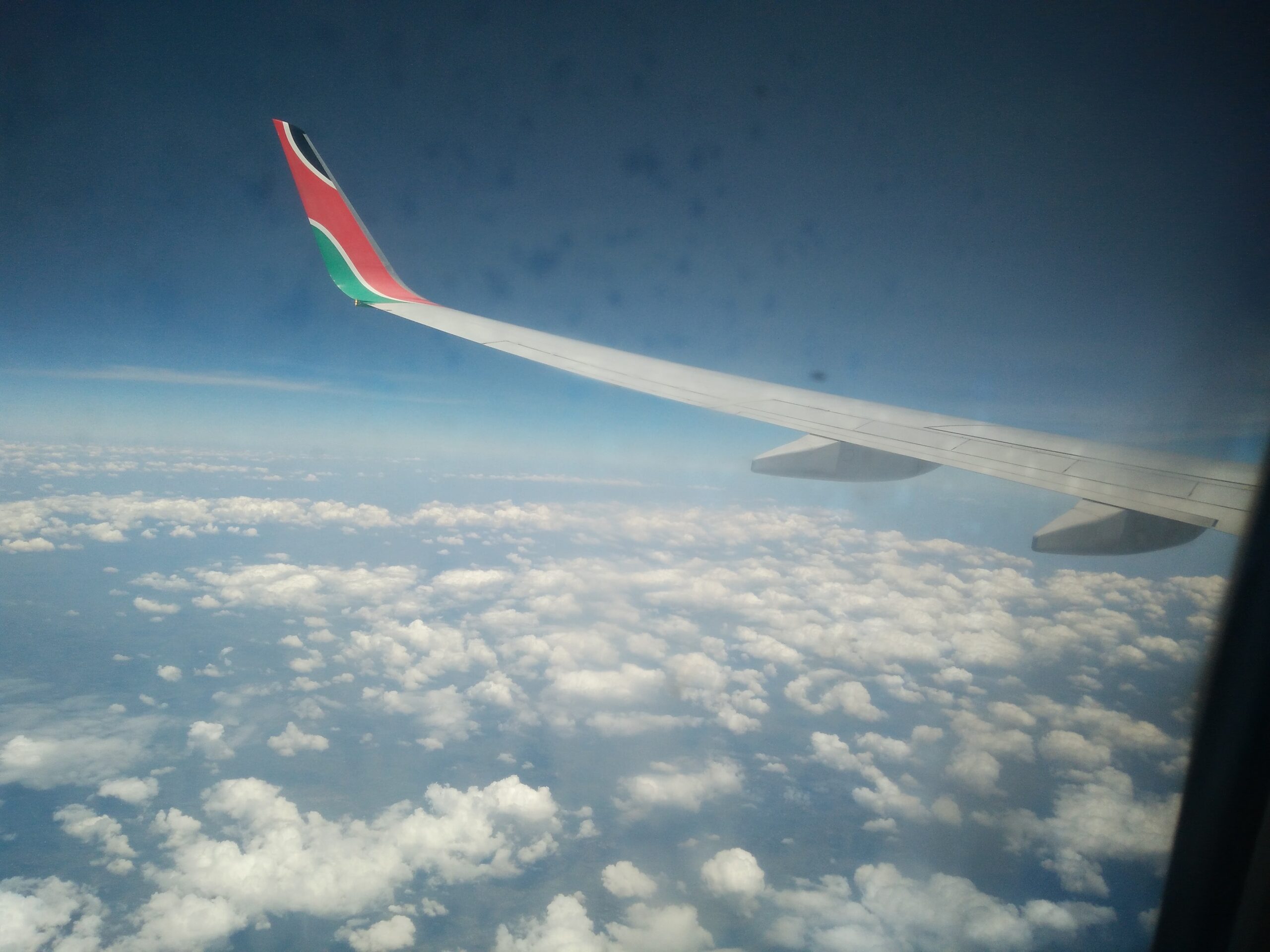Djibouti, a tiny nation in the Northeast of Africa, has signed a preliminary deal with Hong Kong Aerospace Technology and Touchroad International Holdings Group to build a spaceport within its territory—the first to be built on the continent.
A spaceport or cosmodrome is a site for launching or receiving spacecraft, by analogy to a seaport for ships or an airport for aircraft. The word spaceport, and even more so cosmodrome, has traditionally been used for sites capable of launching spacecraft into orbit around Earth or on interplanetary trajectories.
When china began building its first overseas military outpost—a naval base in Djibouti—America and its allies were alarmed. The facility, which opened in 2017, sits just 13 kilometres from America’s largest base in Africa. France, Japan and Italy have bases there, too.
That friction has since lapsed into grudging coexistence in the former French colony. But a new threat to this uneasy balance has emerged with the announcement on January 9th that a Hong Kong-based company with links to Huawei, a Chinese telecoms giant, will build and operate a spaceport covering at least ten square kilometres in Djibouti.
This deal includes the construction of a facility with an expected seven satellite launch pads and three rocket testing pads, and will serve international customers alongside the nearly $20 billion African space and satellite industry, which has already seen the launch of 52 satellites for 14 national customers in recent years; the project, if it moves forward as planned, is expected to be completed within the next five years.
Space stations and proposed future bases on the Moon are sometimes called spaceports, in particular if intended as a base for further journeys.

